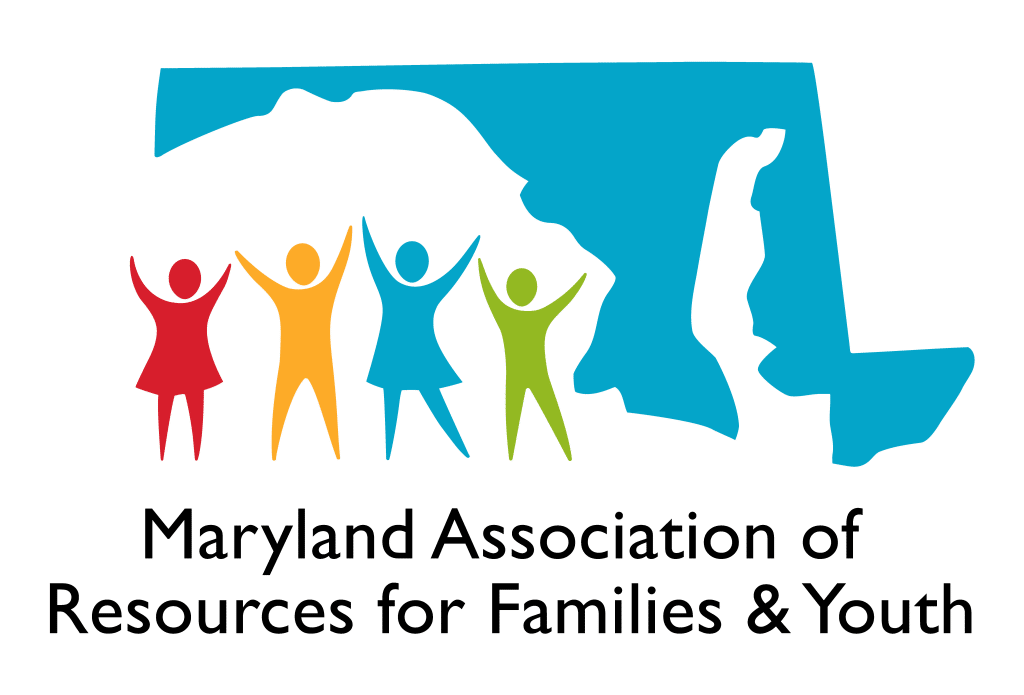 All employers should expect their employees to meet established standards of attendance, performance, and conduct.
All employers should expect their employees to meet established standards of attendance, performance, and conduct.
If, after going through the performance appraisal process, employees cannot or will not improve their poor performance, the next resort for a manager is progressive discipline. In a progressive discipline system, the disciplinary measures range from mild to severe depending on the nature and frequency of the employee’s misconduct. An employee moves through the system like climbing a ladder, moving up rung by rung to more intense disciplinary measures until the employee improves or is fired.
There are four steps in a progressive discipline system: informal notices, written reprimands and counseling, suspension, and termination.
Although its name implies punishment, progressive discipline is more about communication between you and employees than it is about punishment. No matter where an employee is on the progressive discipline ladder, how you hand down the discipline can be as important as the discipline itself.
A progressive discipline system can shield you from liability in a lawsuit because it treats employees fairly and because it requires you to document employee misconduct and your response to it every step of the way.” (DelPo, Amy. The Performance Appraisal Handbook. Nolo Press, 2005. p. 7/2).
Of course, there are many ways to institute progressive discipline. One of the most effective means is to introduce a performance plan that lets the employee know exactly what is expected of him/her each week and allows the employer an opportunity to review the employee’s performance on a frequent basis. Finally, if the employee’s performance fails to improve, it may become necessary to terminate the employee. It is best to seek expert advice at that point to ensure you have done everything possible to protect your organization.
For access to our resources on budgeting, financial policies, personnel policies, and risk management and other resources, join Maryland Nonprofits today!
De los Normas para la Excelencia®: Un código de ética y responsabilidad para el sector no lucrativo. El código de las Normas para la Excelenciadesarrollado por el Instituto de Normas para la Excelencia, incluye puntos de referencia y medidas específicas que proporcionan un enfoque estructurado para desarrollar la capacidad, la responsabilidad y la sostenibilidad de su organización sin ánimo de lucro. El código identifica 6 áreas principales de gobierno y gestión de las organizaciones sin ánimo de lucro: Misión, Estrategia y Evaluación; Liderazgo: Consejo, personal y voluntarios; Cumplimiento legal y ética; Finanzas y operaciones; Desarrollo de recursos y recaudación de fondos; y Concienciación pública, compromiso y defensa.
El Instituto Standards for Excellence®, un programa de Maryland Nonprofits, proporciona los mejores recursos posibles a las organizaciones sin ánimo de lucro de todo el país, ayudándolas a desarrollar su capacidad para satisfacer de forma eficaz y eficiente las necesidades de sus comunidades. Los miembros de Maryland Nonprofits tienen acceso a una comunidad en línea con una amplia biblioteca de recursos y plantillas personalizables. La afiliación a Maryland Nonprofits está diseñada para ayudarle a recaudar más dinero, desarrollar su junta directiva, establecer relaciones, aprender, ahorrar en las cosas que necesita para dirigir su organización y amplificar su voz en Annapolis. Únase hoy mismo.





